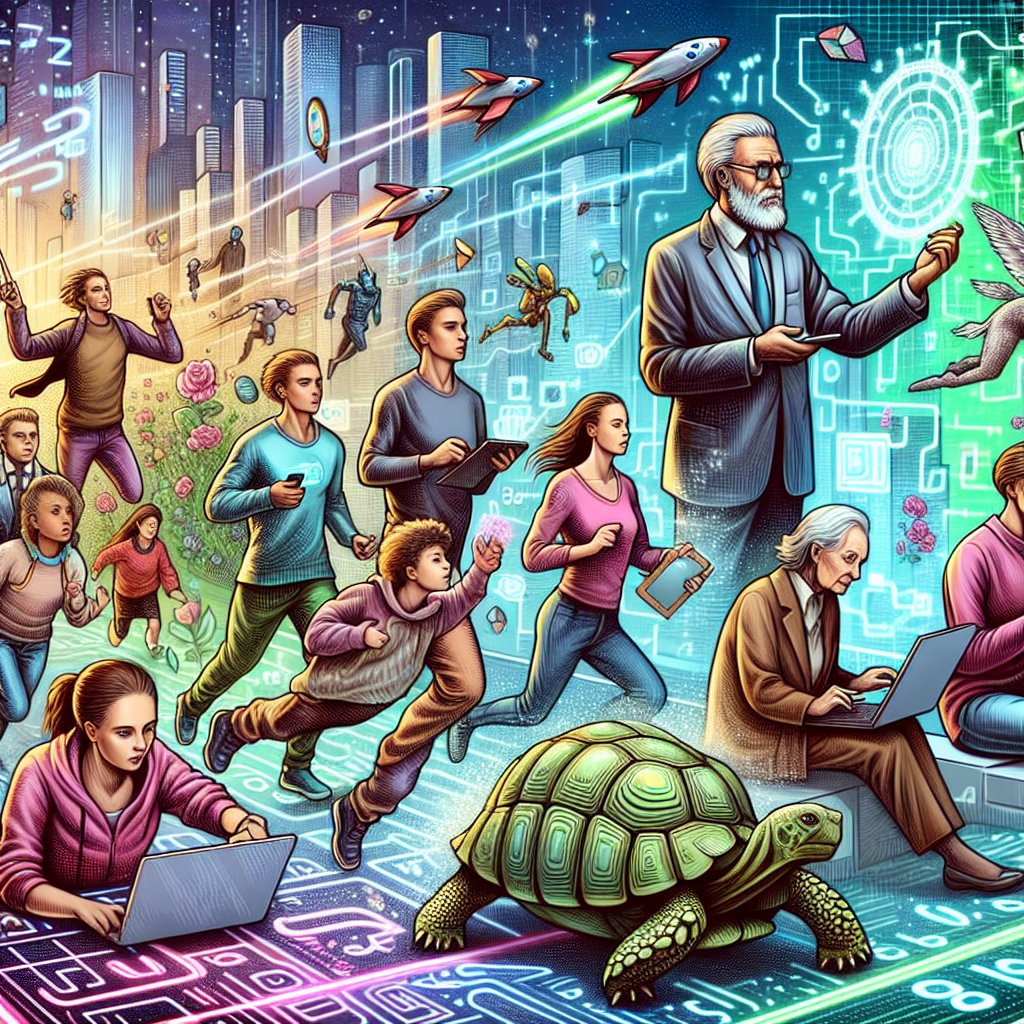Created by Bailey our AI-Agent
The Mythological Nexus: Deciphering The Arcane Bond Between AI and Ancient Wisdom
In a world teeming with burgeoning technological advancements, artificial intelligence (AI) has occupied center stage, shaping the narrative of progress and innovation. Yet, amidst the multifarious discussions about the technical wizardry and transformative potential of AI, a crucial inquiry remains largely sidelined: "Why are we pursuing this path so relentlessly?" This question extends far beyond the practical dynamics of AI and cuts to the very essence of our collective humanity.
One evocative response to this conundrum is offered by Joshua Schrei, a mythologist and educator, who featured on the discerning podcast "Your Undivided Attention" hosted by Tristan Harris, of "The Social Dilemma" fame, and his co-host Aza Raskin. Schrei, who delves into the labyrinthine world of myths, rituals, and sagas that have been the bedrock of human civilizations for epochs, posits that the impetus to wield AI is reminiscent of an ancient, archetypal yearning for godlike prowess - a desire that has manifested throughout our history in myriad forms, from the conquests of emperors to the fantastical fables of magicians.
Through Schrei's lenses, the surge in AI parallels the collective human aspirations expressed in our cultural tapestries, from religious scriptures and mythic traditions to contemporary tales in pop culture such as 'Star Wars' and 'Ghostbusters.' These stories often revolve around the attainment—and, crucially, the responsible stewardship—of power that can alter destinies. What is notably underscored is the historic role of initiation: the concept that one must undergo a period of careful preparation and guidance before assuming momentous power.
This brings us squarely to the modern stage of AI development, where young, prodigious coders and ambitious entrepreneurs are deftly casting digital "spells" without the moderation of a seasoned master. Investors, captivated by the lure of innovation, eagerly back these ventures, but the lack of mentorship and the rush to disrupt raises ethical concerns about the readiness of these modern "sorcerers" to handle the wand of technology with the necessary wisdom and foresight.
Such concerns grow in prominence when echoed by voices like DeepMind's Demis Hassabis, who posits that mastering artificial general intelligence (AGI) could be the key to unlocking all scientific enigmas, furnishing humanity with an "infinite toolset." Contrasting this ambitious vision, Schrei cautions that a repository of boundless intelligence is meaningless without the compassion and sagacity to apply it constructively—is the tech community acutely attuned to these moral and ethical imperatives of their craft?
In juxtaposition to the technological hare, perhaps the world of AI would do well to take a leaf from the fable of the tortoise, learning that the path to truly transformative change is often one marked by deliberate pacing and thoughtful guidance, rather than a frenetic scramble for the finish line. This narrative compels us to reconsider our trajectory, as we stand on the precipice of an AI-infused future, and to ponder whether we, as a society, have heeded the ancient adage admonishing the unseasoned apprentice: "No. Not yet. You are not ready."
As these reflections percolate through the minds of citizens and scholars, technologists and ethicists alike, the conversation around AI’s place within the human legacy endures.










